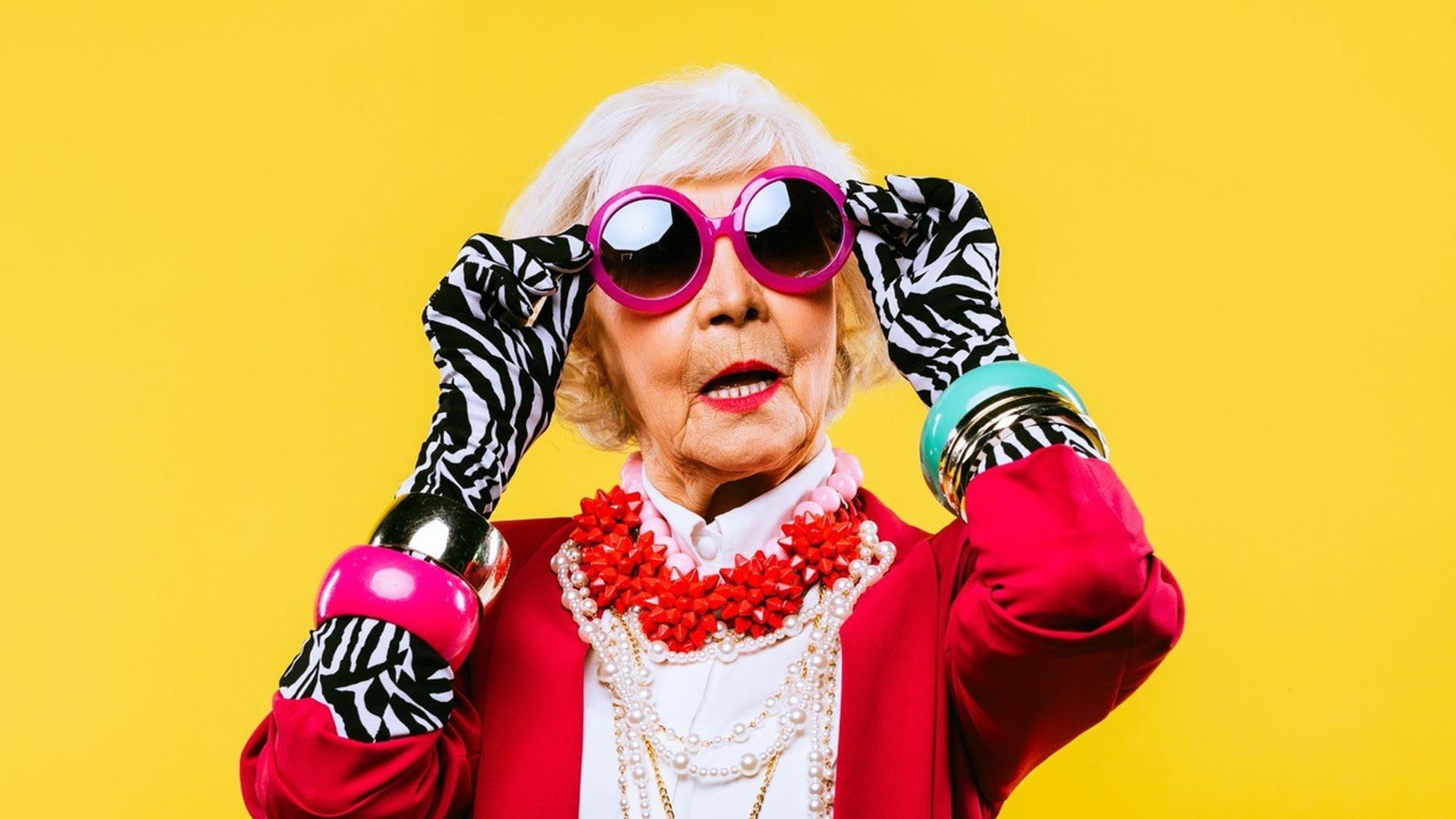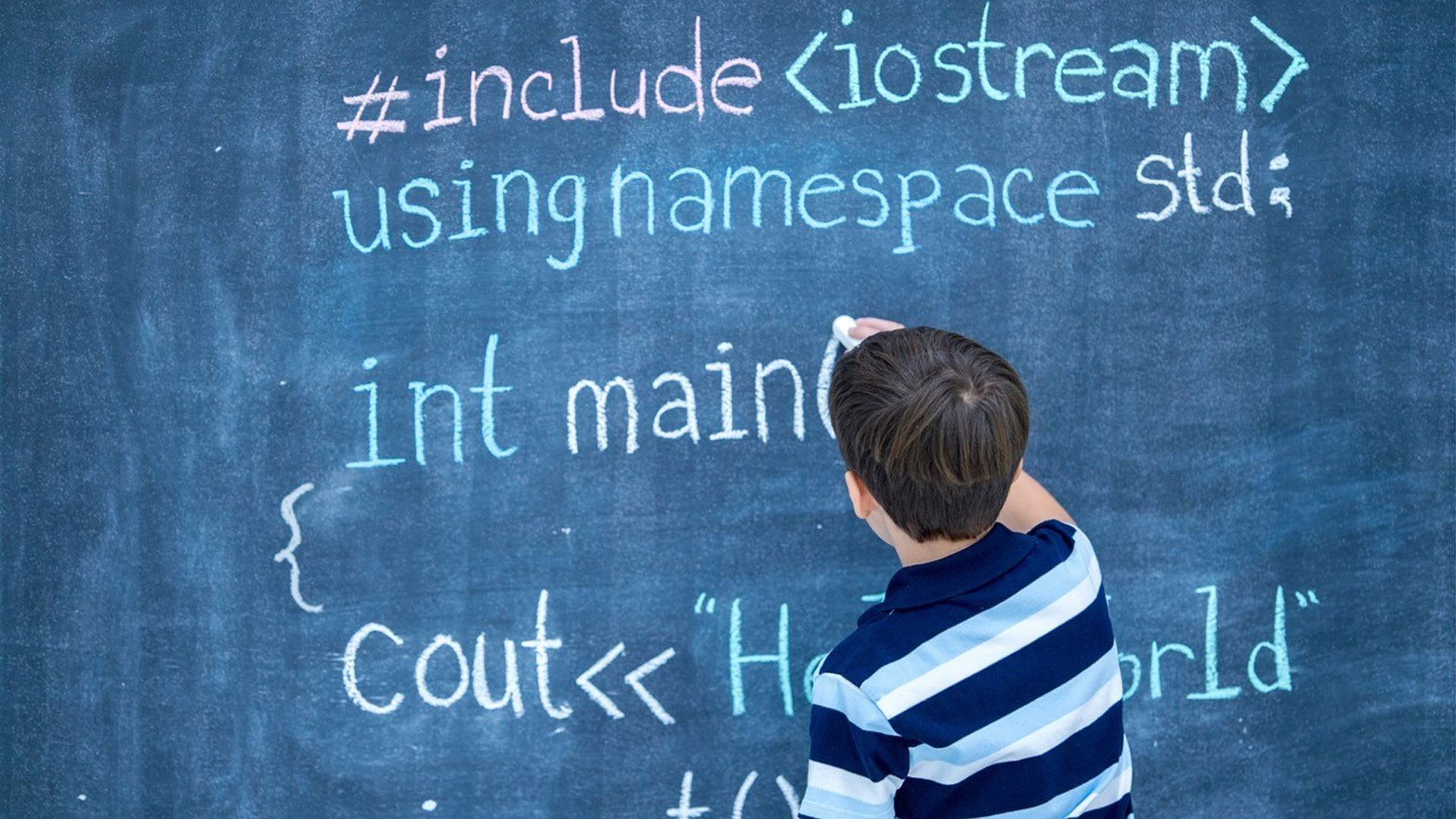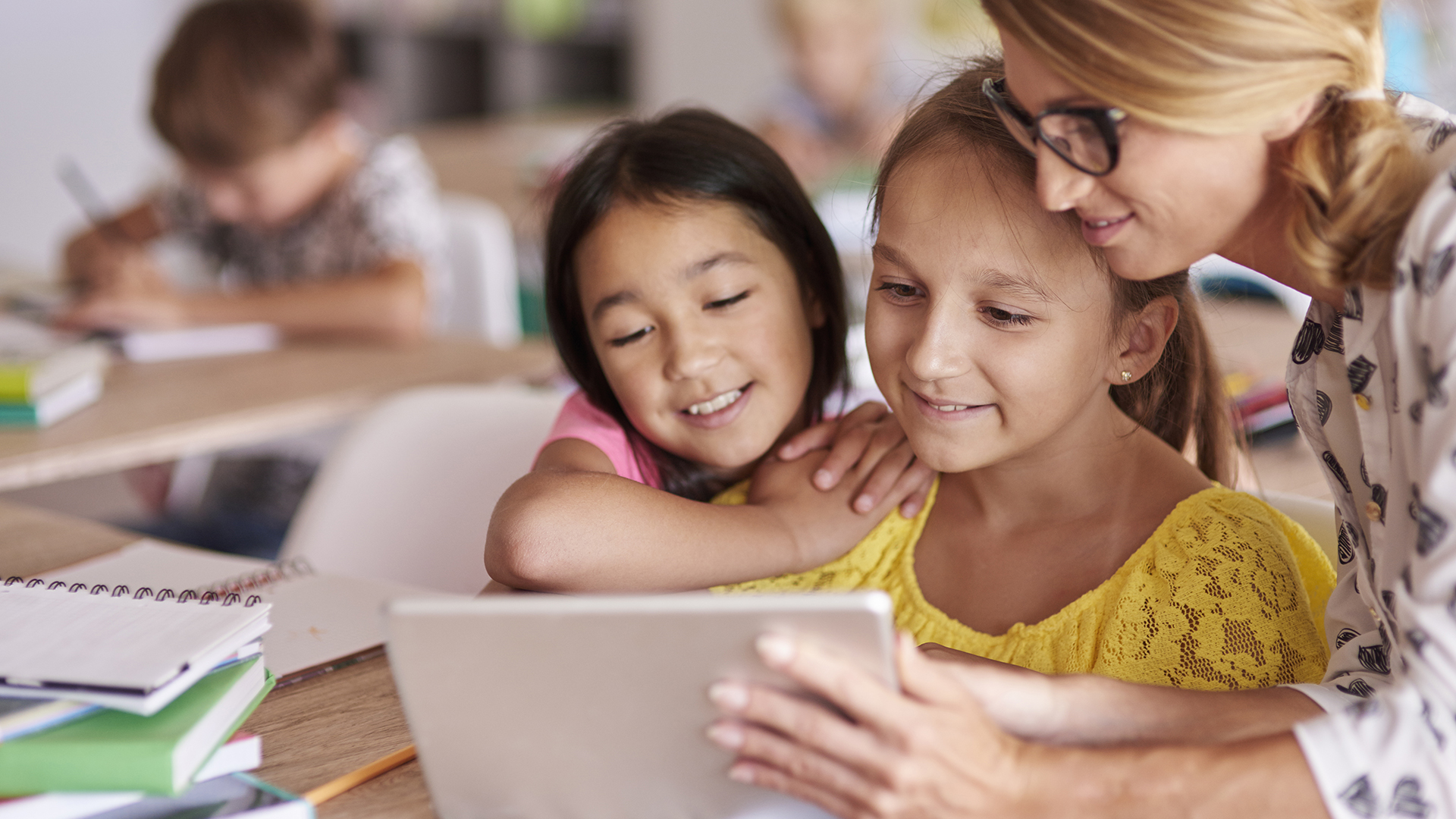Social media has changed the flow of information and public discourse, detaching it from geographic boundaries. Thanks to social media, almost everyone is exposed to events such as recent events in Eastern Europe, at least at a superficial level.
There is, therefore, an increasing recognition of global events and how they might ripple out and impact individual worlds.
After the pandemic, social unrest, and political challenges of the last few years, speaking up is a way to weigh in, and, thanks to the interactivity of social media, of being heard. The situation in Ukraine is a powder keg on a global scale; people want to ‘have a say’ about things that can ultimately affect all of us, whether one is an expert, influencer, or neither. People also get emotionally triggered by dangerous events.
Taking a stand is validated by the number of celebrities and influencers from all over the world that speak up. Unfortunately, the sheer number of sources also contributes to misinformation. While there is always a sense of peer pressure when “everyone” seems to be doing something, a media literate approach says that one should use critical thinking to evaluate the information and decide for oneself how to best address the situation, and determine if it needs addressing.
In essence: Resist the urge to participate before thinking it through. Will my comments offend? How will my colleagues perceive my public statements, and could I address my feelings on a different platform? We should not feel obligated to take a stand on social media any more than we should feel compelled to post any other opinion or event because it is trending.
The conversations on social media are also constructing and promoting specific narratives (heroes, villains) to make sense of what is happening in Ukraine. My research has demonstrated how people crave a clear narrative structure in entertainment, but reality isn’t much different. We still need our worlds to make sense.
In addition to this thought piece, Dr. Rutledge has recently discussed this topic with Erin Donelly of Yahoo!Life and Carlotte Colombo of Teen Vogue.
Join Over 7,500 Fielding Alumni Located Around The World!
Change the world. Start with yours.™






Get Social